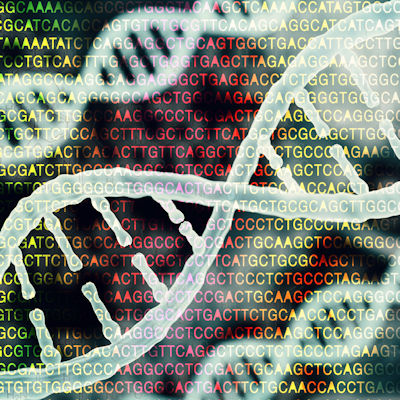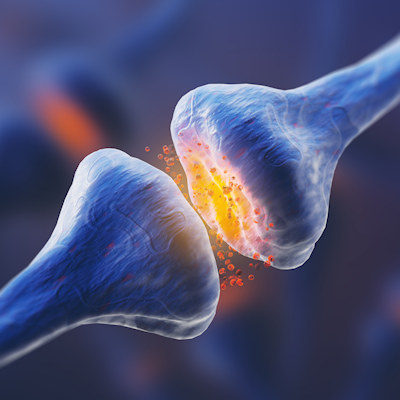January 18, 2023 -- Newborn screening for spinal muscular atrophy (SMA) improves outcomes by enabling timely access to disease-modifying therapy, a prospective study published in the Lancet Child & Adolescent Health found.
In recent years, new treatments and gene therapies have come to market on the strength of clinical trial data showing they improve outcomes in SMA, a serious neuromuscular disorder. The evidence suggests that the best results are achieved when treatment starts early. However, most countries lack newborn screening programs; treatment only begins after the onset of symptoms and clinical referral.
Seeing a lack of real-world evidence on the impact of newborn SMA screening, researchers at Sydney Children's Hospital Network in Australia ran a prospective, non-randomized cohort study. The study enrolled 15 children diagnosed with SMA through Australia's pilot newborn screening program and 18 children diagnosed after clinical referral with symptoms of the disease. By comparing the two groups, the researchers sought to show if newborn screening is associated with improved outcomes.
The two-year survival rate in the screening and control groups were 93% and 89%, respectively. Eleven of the 14 survivors in the screening group walked independently or with assistance, compared to one of the 16 remaining children in the control group. The percentage of ambulatory children in the screening arm, 79%, was significantly higher than in the control cohort, 6%. The University of New South Wales' Dr. Didu Kariyawasam discussed the importance of the findings.
"Early screening and diagnosis are essential to giving children with SMA better health outcomes and quality of life. It's extremely promising that the majority of children diagnosed via newborn screening in our study were able to walk after two years, compared to those children diagnosed through symptoms who were mostly only able to sit unassisted," Kariyawasam said in a statement.
Kariyawasam and her collaborators linked screening to improvements in other outcomes, too, tracking significantly greater changes in motor function and need for non-intensive ventilation or feeding support between the two groups.
A similar proportion of patients had access to disease-modifying treatments in the two cohorts but the specific drugs differed, with one-third of children in the screening group taking Novartis' gene therapy Zolgensma compared to 0% of their counterparts in the control group. The other children either received Biogen's antisense oligonucleotide Spinraza or palliative care.
None of the treatments are cheap. Spinraza costs around $750,000 in the first year and $375,000 a year thereafter. Zolgensma is a one-off treatment that costs $2.1 million. As Kobe Gakuin University's Hisahide Nishio notes in an accompanying Lancet comment piece, newborn screening needs to be accompanied by access to treatment, and some countries are still determining if the drugs are cost-effective.
Copyright © 2023 scienceboard.net










